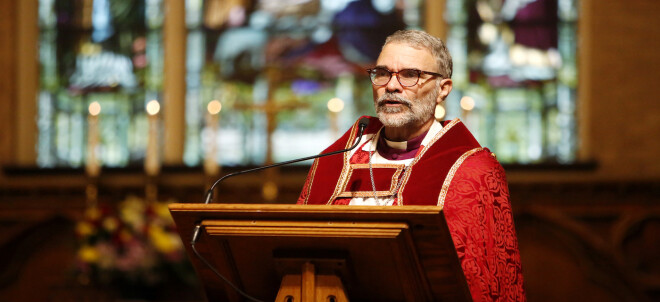Babu

The word in Swahili means ‘grandfather;’ it may be of Hindi origin. It is important because the ancestors, the ‘grandfathers’, mababu, lie at the heart of most traditional African cultures. For this reason they come into play in Christian mission history in both a negative and positive sense. They were challenged by the Gospel, and also, sometimes, appropriated in inculturation. An example of this is the idea of the ‘communion of the saints.’ The west African theologian Harry Sawyyer made use of this idea. Likewise the Kenyan liturgy refers to the ‘faithful ancestors.’
As a missionary I occasionally heard the first missionaries who brought the faith to Tanzania referred to as grandparents, as apostolic ancestors. Likewise I have seen the enthusiasm visitors to Canterbury Cathedral have had to see where ‘babu’ Thomas Becket died; it bespoke something deeper than curiosity.
My subject for this blog is actually contemporary global Anglican politics. I sometimes read from writers for GAFCON that doctrinal confession defines Anglicanism, and that the day may come for abandoning the corrupt pre-existing structures. I am sure such writers are sincere, and our doctrinal inheritance is invaluable. But I reckon this decision to leave would be harder for the African Church than some writers suppose. We Westerners are the ones who can abandon our roots more readily!
Now a predilection toward the ancestral is not the same thing as a commitment to an ancient primacy, bolstered by a catholic ecclesiology. But they aren’t completely unrelated either. My guess is that the coming Anglicanism centered in the global south will include its ancient patrimony, a gift symbolizing the apostolic inheritance and brought to them by their ‘grandparents’ in the faith.
+GRS



